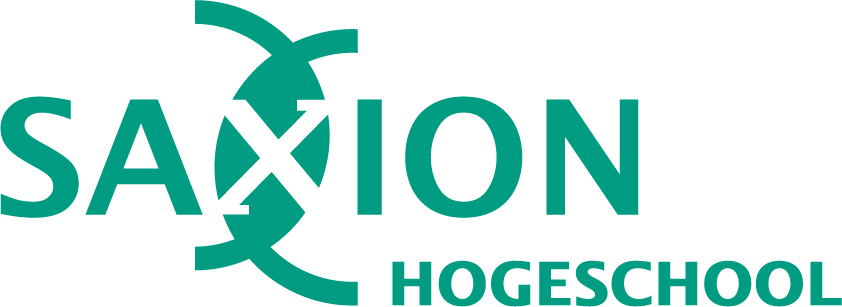The PD program is a personalized research and design track, offered by the Graduate Network of seven affiliated Universities of Applied Sciences in the LTH domain. This LTH Graduate Network stimulates research and design that promotes transferable knowledge of and insight into complex issues in society, policy and organizational processes in the domain of leisure, tourism and hospitality. The LTH PD trajectory is not a formal curriculum, but a process of learning in practice. Learning and development take place through the candidates' activities of researching a complex problem and intervening in complex situations.
In the first process of the PD program the candidate will interact with key stakeholders in the work field of LTH. They will articulate the research question, have the responsibility to assure that is validated with relevant leisure, tourism & hospitality stakeholders and develop a validation plan that describes how demand articulation, validation and feedback loops are assured during the trajectory.
The second process of the program will allow PD candidates to collect and analyse relevant data, design and test one or more interventions, validate results with LTH stakeholders, conduct (if possible) improved/scaled up interventions and grow into the roles of researcher, innovator and professional.
The third process of the PD cycle refers to the capability of candidates to reflect on outcomes, analyze results, to assess the value of the tested intervention(s) and communicate these to relevant stakeholders.
A ‘learning community of practice’ will be established to support the candidate throughout the three processes. Furthermore, the University of Applied Sciences that support the Graduate Network offer a series of courses that complement the candidate’s knowledge and skills development in the project. These courses consist of a compulsory course on ‘research ethics, data management and academic integrity’ and a selection of courses in ‘Advanced Studies in LTH’.
The Universities of Applied Sciences that support the Graduate Network offer a series of courses that complement the candidate’s knowledge and skills development in the project. The common core program covers two components:
Additionally, an elective program can be chosen by the candidate in agreement with the supervisory team. The selection will be based on the anticipated study design of the candidate’s PD project and his/her current qualifications. These courses should relate to EQF Level 8. A list of courses could include:
Living near your University of Applied Sciences is not required but is undeniably a practical advantage. That is important because you will be part of the professorship of the promoting professor as a PD candidate researcher. During the first phase of the research, the PD candidate has intensive, but at least monthly contact with the supervisors.
Upon approval by the LTH Graduate Committee, each PD candidate shall receive a temporary (part-time) employment contract from the proposing University of Applied Sciences. The professionals working in professional practice and colleagues working at Universities of Applied Sciences already have a salary. It is possible to work with a replacement subsidy whereby the employer receives an allowance to replace the PD candidate for the duration of the PD trajectory and to exempt it for the benefit of the PD trajectory. For candidates who have not yet received a salary, a customized solution will be provided.
At the moment, the title PD does not have a legally protected status, as is the case for the Ad, Bachelor, Master and PhD. Legally protected means that the title may only be issued by institutions designated by law and that the candidate receives a (registered) certificate upon completion. In order for the PD to be legally protected, a legislative amendment process is required, in which the title PD is anchored in the WHW. Successfully completing a PD trajectory does not therefore result in a certificate for the candidate. The candidate will receive a kind of proof of accomplishment. The ambition is to successfully complete the necessary legislative amendment process during the term of the pilots and to include a transitional arrangement in this in which candidates who have completed their PD process before the implementation of the legislative amendment can still be offered the option for then the legally protected PD title eligibility.






